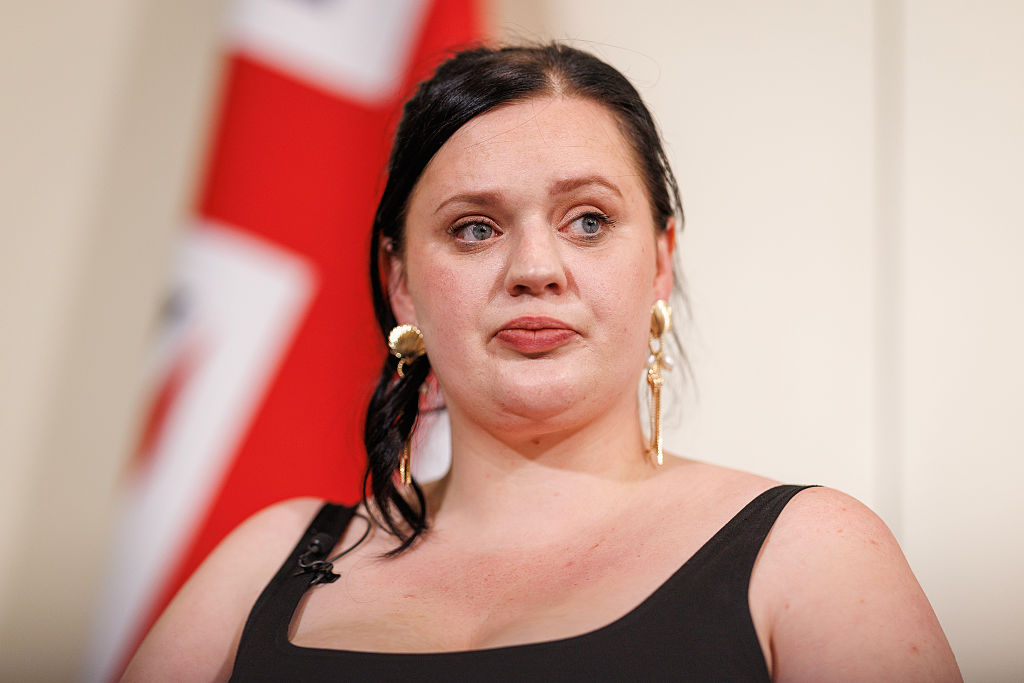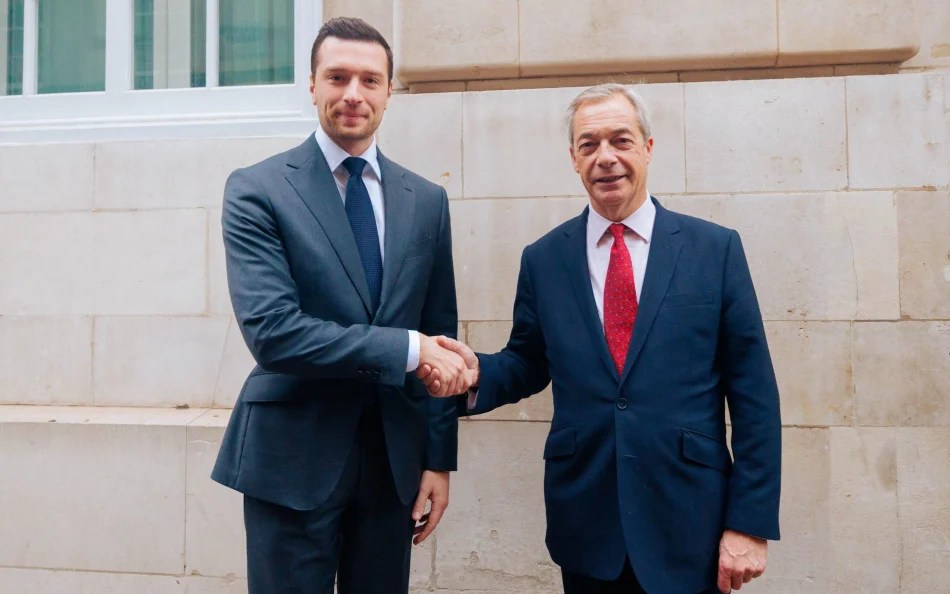This week I resigned from the Victims/Survivor Liaison Panel of the National Inquiry into Grooming Gangs. Victims have been fighting for an inquiry for a long time. Previous governments did not commit to a national inquiry. It’s not something Labour pushed for in opposition. As a topic, grooming gangs did not feature in any political party’s 2024 manifesto. The current government even managed to fob off a national inquiry in January and compromise on a series of local inquiries despite mounting public pressure. When it was finally announced, after undeniable supporting evidence from Baroness Casey in June, that survivors would be getting the national inquiry into the gangs that they deserve, I was optimistic. Shortly after, when I was chosen to sit on the inquiry’s Victims/Survivor Liaison Panel, I felt truly honoured. But the process that followed demonstrated that this inquiry was never going to bring about justice for victims.
This inquiry was never going to bring about justice for victims.
The women and girls targeted by grooming are often uniquely let down by institutions which perpetuate and facilitate these crimes. In my case, both the care system and the police failed to protect me from predators.
Girls in local authority care are inherently more vulnerable and over-represented in grooming gang cases. I was one of them. The grooming started when I was moved into the care of Bradford City Council. Later, one of my carers was instructed not to pick me up late at night when I was calling for help because the fuel expenses could not be justified.
When I attempted to report my groomers anonymously, they were informed directly by a police officer that I had lodged a complaint. The trial of my abusers was significantly delayed for years by officers forgetting to lodge my complaints. There are dozens of testimonies from girls who say they were abused directly by police officers connected to grooming gangs. In recent months, whistleblowers have come forward to report officers attempting to investigate grooming gangs being threatened with arrest by their colleagues.
This is why I was horrified to learn, without any consultation, that the two suggestions for the chair of the inquiry would be former police officer Jim Gamble and social worker Annie Hudson — two individuals connected to the very institutions that this inquiry must investigate. Allowing those originally from these organisations to investigate would be out of step with normal legal practice in the UK and how we’ve seen justice delivered around the gangs themselves. In the transcripts of the 2019 trial of the men who abused me, acquired by Open Justice UK, jury members with any connection to police forces or social services were dismissed to prevent bias. This inquiry should be held to the same standards as a criminal case, if not higher.
The problems go deeper than the choice of chairs. From the beginning, this process has been marked by broken promises and mission creep that threatens to dilute the inquiry’s original purpose.
Shortly after Yvette Cooper, then Home Secretary, announced a national inquiry into grooming gangs in June, the survivors on the panel were told we would be regularly consulted. What we weren’t told was that a panel was already being held in secret to consult on the chair and terms of reference, with just one survivor in attendance. This survivor threatened to leave unless other survivors were brought in and a more open process was established. That’s the only reason I was included at all. The supposedly ‘victim-centred’ inquiry never intended to consult multiple survivors on the most fundamental decisions: who would lead it and what it would investigate.
When we were eventually brought on to the inquiry panel, many of us raised concerns about certain panel members, such as people with close affiliations to members of the Labour government. These concerns were ignored.
We were told that we would be consulted on the independent chair. But when the time came, we were turned away from the meeting. Apparently, it was ‘first come, first served’. Many survivors were turned away. Those who were permitted to attend had their questions pre-vetted by the Home Office team.
The government has also made attempts to expand the scope of the inquiry. The focus was always supposed to be on group-based child sexual exploitation alone. This matters because grooming gangs are a unique crime with distinctive markers. There are potentially tens of thousands of victims whom we’re still not aware of, and many dimensions of the crimes remain unexplored. We still have almost no understanding of the role played by trafficking, nationally organised networks, and the ethnicity and culture of perpetrators.
Survivors have been promised an inquiry before. When the Independent Inquiry into Child Sexual Abuse was commissioned, we were promised grooming would be investigated. But a deliberate decision was made to ignore towns where grooming had taken place. We are terrified that this will happen again.
This inquiry was supposed to be a public process, conducted openly and transparently. Instead, it has been conducted behind closed doors, in secret. The response from the Home Office to my resignation could not have been more telling. In a statement, Jess Phillips, the safeguarding minister, described my criticisms of the inquiry as ‘categorically untrue’.
The government consulted survivors not so they could act in our best interests, but to deflect criticism. It is far easier to tell critics to leave abused girls alone than to defend a faceless bureaucratic Home Office body.
But the government makes a huge mistake in assuming survivors will quietly play along, providing them with cover. While we were, and often still are, highly vulnerable individuals who have suffered unimaginably, they should not mistake this for weakness. In fact, you would be hard-pressed to find many other groups as equipped and ready to expose the naivety, complacency and corruption in the institutions that are meant to keep us safe.







Comments